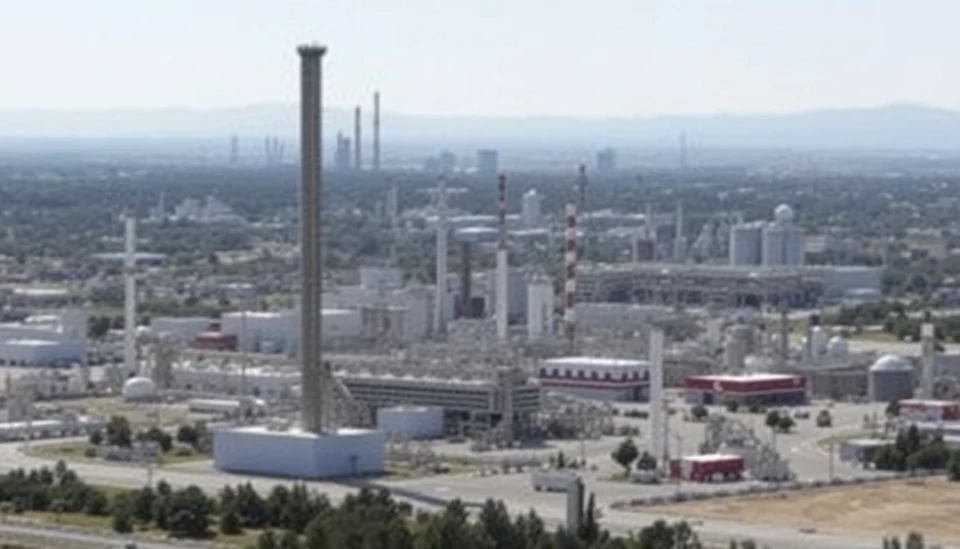
The California fuel industry is facing significant challenges as the state's refining capacity continues to dwindle. New data reveals that California is on track to become more reliant on external fuel sources, stirring concerns about supply stability and economic implications for consumers in the region. With a series of recent refinery closures and production slowdowns, experts are predicting potential fuel shortages that could affect both prices and availability in the near future.
In recent years, regulations aimed at environmental protection have contributed to the decline in the number of operational refineries in California. These stringent laws have compelled many plants to reduce their output or shut down entirely, leading to an unprecedented decrease in local fuel production. The dramatic reduction in refineries not only impacts the price at the pump but also raises questions about energy independence and security in the state.
Currently, California’s refinery capacity has dropped to levels that are alarming for stakeholders. The state has historically been a leader in fuel production, providing significant volumes of gasoline and diesel to not just local consumers but also states across the U.S. However, this trend appears to be changing rapidly. Experts warn that with fewer refineries operating, California may need to rely even more heavily on imported fuels, which could complicate logistics and drive up costs even further.
More troubling news comes from a recent report that highlights ongoing and emerging challenges within the refining sector, including aging infrastructure and the rising costs of operation due to compliance with environmental standards. As costly upgrades and repairs mount, many companies are finding it increasingly difficult to justify the investment in maintaining older facilities, leading to more closures.
Another factor contributing to the shrinkage of California’s refining industry is the growing shift towards alternative energy. With the state's aggressive goals for reducing carbon emissions and increasing electric vehicle adoption, the demand for traditional fuels is expected to decline. This transition poses additional risks for existing refineries as they navigate a market that may soon be less hospitable to fossil fuels.
As the situation develops, stakeholders are calling for a careful analysis of California's energy policies. There is a pressing need to balance environmental initiatives with the economic viability of the oil and gas sector. Many industry experts suggest that without a comprehensive strategy to revitalize local refining capabilities, California risks facing severe fuel shortages which could lead to higher prices and increased dependence on foreign oil.
The economic ramifications of a shrinking refinery sector are already being felt. Drivers are dealing with rising fuel prices, and businesses reliant on transportation are similarly feeling the pinch. The combination of soaring prices and potential fuel shortages has sparked discussions about energy strategies and the need for more robust infrastructure to support California's energy independence. Policymakers are urged to take these relevant factors into account as they formulate future legislative measures.
In summary, the future of California's fuel industry hangs in a delicate balance as the state grapples with environmental regulations, dwindling refinery capacity, and the shift towards alternative energy solutions. It remains crucial for industry leaders and policymakers to work collaboratively to develop sustainable strategies that ensure energy security while addressing environmental concerns.
#CaliforniaRefineries #FuelIndustry #EnergyCrisis #SustainableEnergy #FuelPrices #RefineryClosures #EnvironmentalRegulations #EnergyPolicy
Author: Megan Clarke




